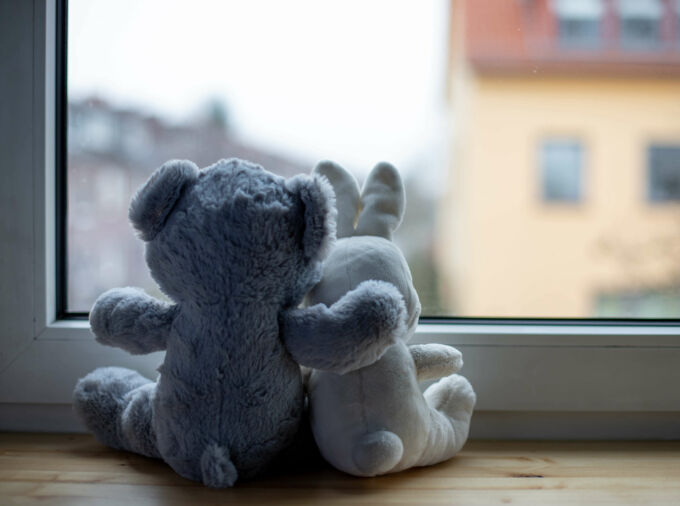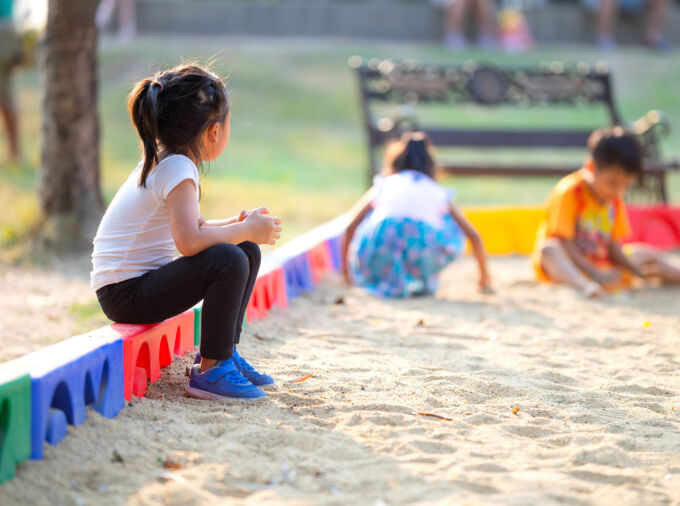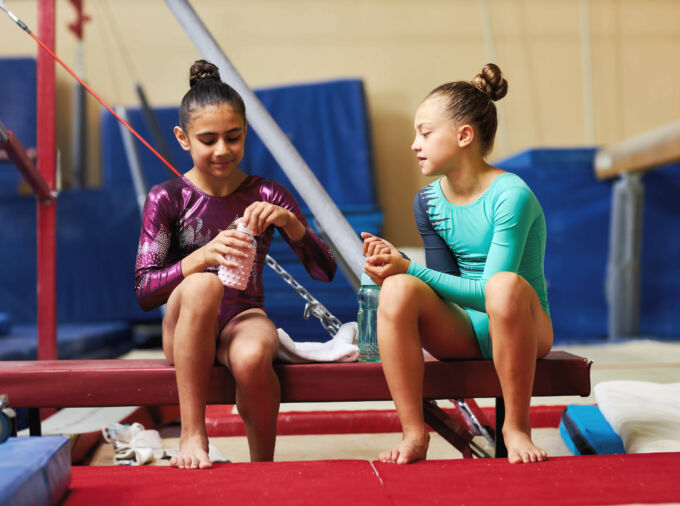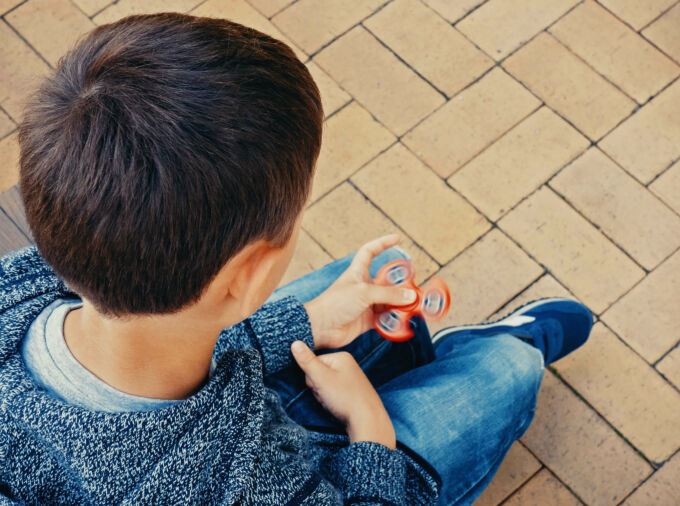
Supporting Loss
In an ideal world, children and teens would be spared from having to confront loss. Because change, loss, and death are an inescapable part of life, this section reviews the tools kids and teens need to respond with compassion and competence when hardship visits someone they know.
Grief is Normal
There can be fear, shame, and even stigma around loss. Effective support begins with normalizing the experience of grief. Everyone grieves. It's natural, healthy response to loss or change.
The Impact of Support
It’s hard to overstate the impact social support can have on a person’s life. In Speaking Grief, Dr. Julie Kaplow discusses the significant difference adequate social support can play in the life trajectory of a grieving person. Although Dr. Kaplow is speaking about death-related grief, the message is applicable to all types of loss.
Consistent Support Matters
It's not uncommon for children, teens, and even adults to take a step back from someone they know who is navigating a loss. Often, this response comes from a lack of confidence, not a lack of caring. When we aren't sure what to say or do, it's natural to try to avoid the situation (i.e., the person) altogether. But this inadvertent withdrawal of support can actually make things worse for the grieving person. The resources below can help you build confidence in guiding children and teens in supporting their peers.
Advice from Teens
Here's some advice they'd give to adults trying to support a teen and teens trying to support a peer.
Videos features the following students from the Thomas Jefferson Arts Academy and members of the Elizabeth Youth Theater Ensemble: Harold Gomes, Renee Gomez, Natalia Ocampo, Mary Kate Severe, and Shamar Thomas.




